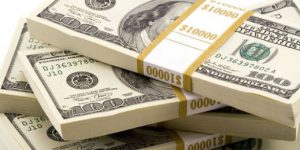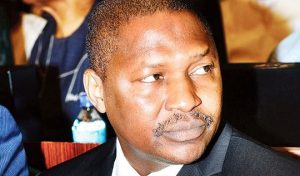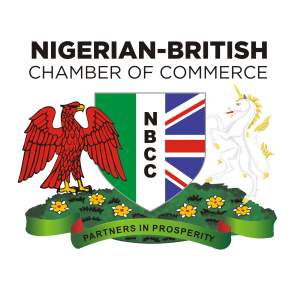![An illustrative image [graph] showing persistent rise](https://unicpress.com/wp-content/uploads/2016/04/An-illustrative-image-graph-showing-growth.jpg)
Unic Press UK: The rate of inflation in Nigeria illustrates a persistent rise over the past months given the report “Consumer Price Index January 2017”, which was released this week by the National Bureau of Statistics (NBS). The rate in January 2017 peaked at an all time high of 18.72%, the NBS said.
12-month overview of the rate of inflation in Nigeria
- January 2017 – 18.72%
- December 2016 – 18.55%
- November 2016 – 18.48%
- October 2016 – 18.3%.
- September 2016 – 17.9%
- August 2016 – 17.6%
- July 2016 – 17.1%
- June 2016 – 16.5%
- May 2016 – 15.6%
- April 2016 – 13.7%
- March 2016 – 12.8%
- February 2016 – 11.4%
The Nigeria economy is presently in a recession. Given the position of the reputable bodies like the International Monetary Fund (IMF), Fitch Ratings, Inc. and the country’s NBS, the economic outlook neither inspires the populace nor gives hope to the most populated country in Africa.
“The Consumer Price Index (CPI) which measures inflation increased by 18.72 percent (year-on-year) in January 2017, 0.17 percentage points higher from the rate recorded in December 2016 (18.55) percent… the faster pace of growth in headline inflation, year on year, were bread and cereals, meat, fish, oils and fats, potatoes, yams and other tubers, wine and spirits, clothing materials and accessories, electricity, cooking gas, liquid and solid fuels, motor cars and maintenance, vehicle spare parts and fuels and lubricants for personal transport equipment, passenger transport by road. The Food Index increased by 17.82 percent (year-on-year) in January, up by 0.43 percent points from rate recorded in December 2016 (17.39) percent. During the month, all major food sub-indexes increased, with Soft Drinks recording the slowest pace of increase at 7.8 percent(year on year). Price movements recorded by All Items less farm produce or Core sub-index rose by 17.90 percent (year-on-year) in January, down by 0.20 percent points from rates recorded in December 2016 (18.10) percent. During the month, the highest increases were seen in Housing, Water, Electricity, Gas and Other Fuels, Education and Transport growing at 27.2, 21.0 and 17.2 percent respectively. On a month-on-month basis, the Headline index increased albeit, at a slower pace in January 2017.” (National Bureau of Statistics: February 2017)
On January 2017, Fitch Ratings, Inc., one of the leading credit rating agencies revised the outlook on Nigeria from stable to negative, citing a GDP growth of -1.5% in 2016, estimated limited economic recovery in 2017, foreign exchange restriction and tight foreign currency liquidity, wide gap between the official rate and the parallel market rates, worsening asset quality in the banking sector, a high inflation rate.
The issues confronting the Nigeria economy seem to be government-induced in the light of recent reports on the country’s affairs, including the IMF Policy Paper “Macroeconomic Developments And Prospects In Low Income Developing Countries—2016”, which asserts that the severe economic predicament in Nigeria is the outcome of inefficiency/bad governance.
The IMF Policy Paper said the issues that had a serious negative impact on the economy of Nigeria in 2016 included:
- Bad foreign exchange policy, particularly foreign exchange rationing that adversely affected debt service capacity of many corporate bodies.
- Disruptions to oil production in the Niger Delta province, including damage on oil infrastructure.
- Insurgency: Boko Haram-led attacks in the northern region. Boko Haram is a Jihadi terrorist group.
- Excessive security outlays triggered by armed conflicts that undermine economic activities and business confidence.
- “Delayed/poorly managed policy adjustment to lower commodity prices”.



